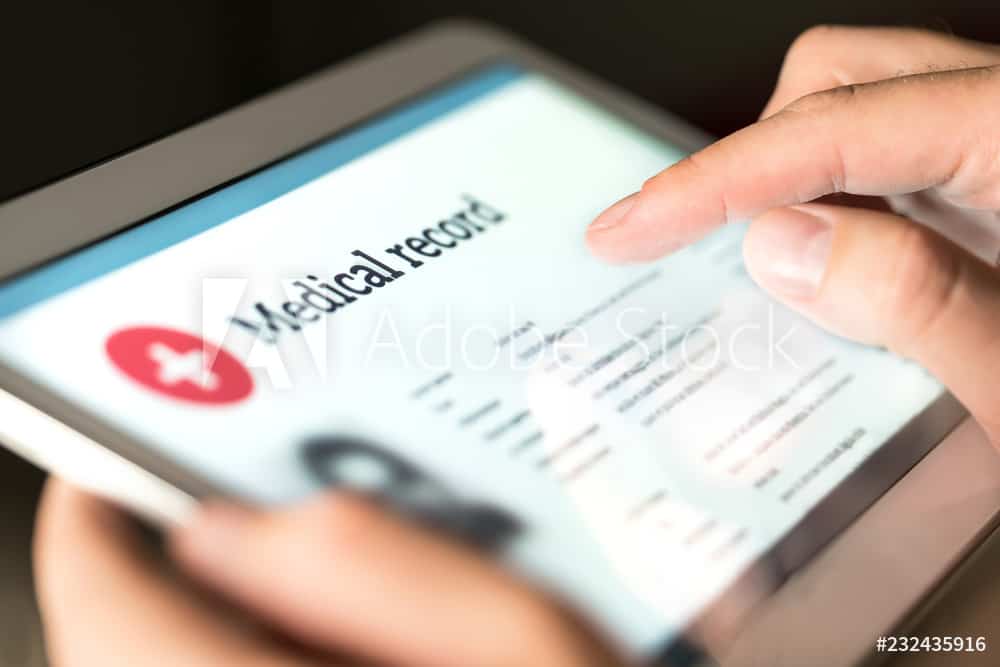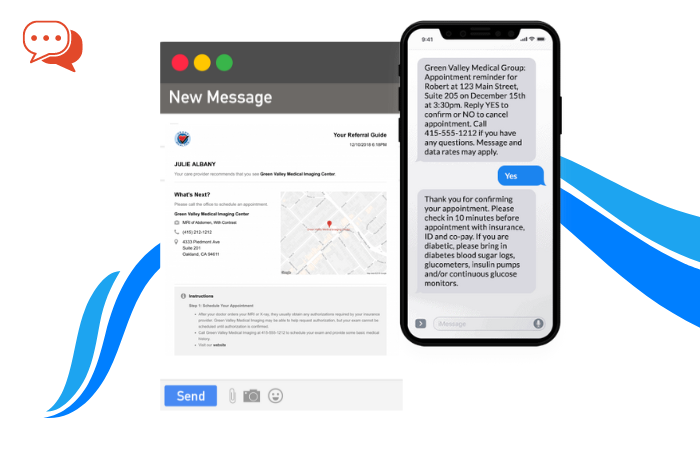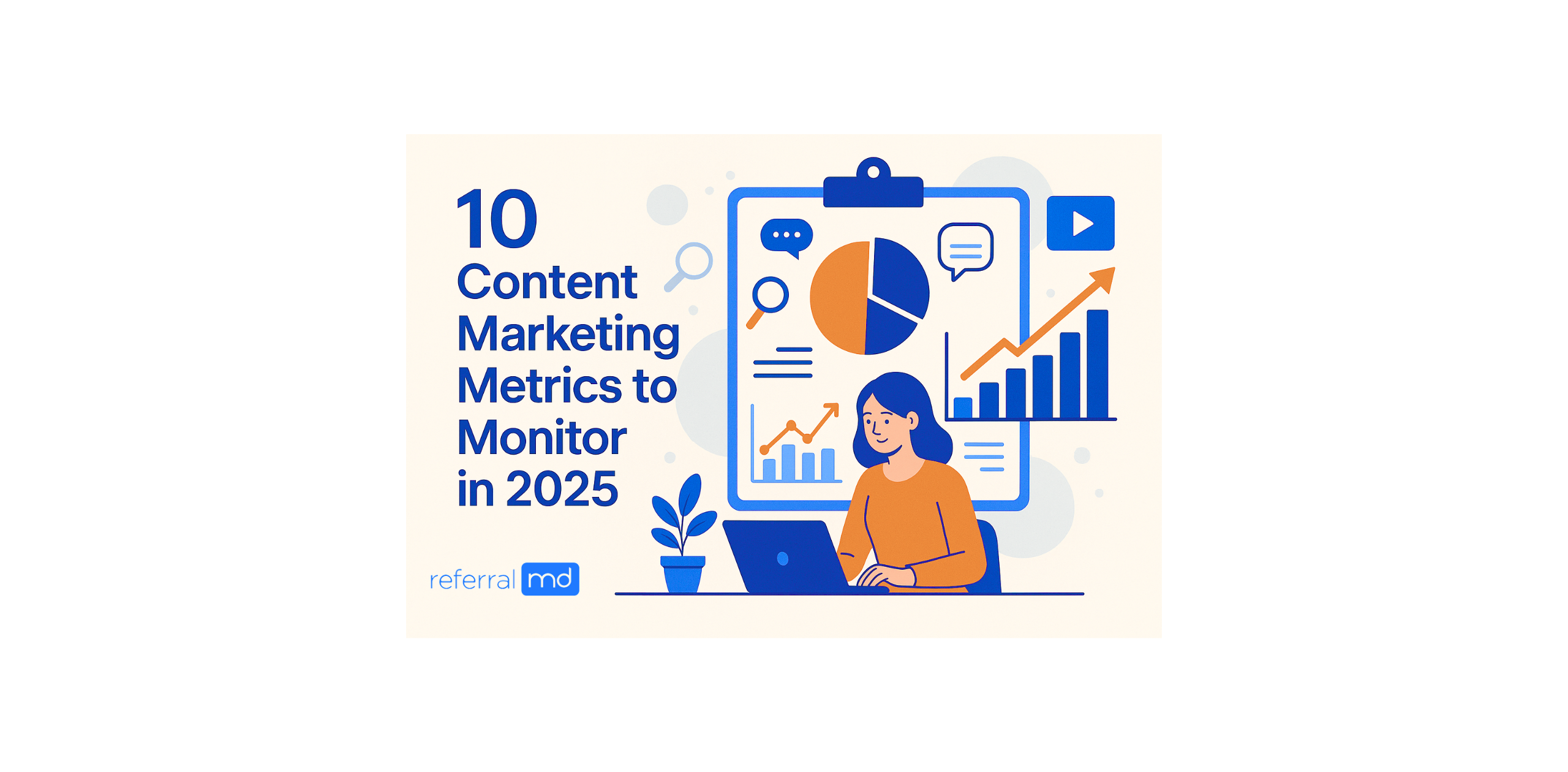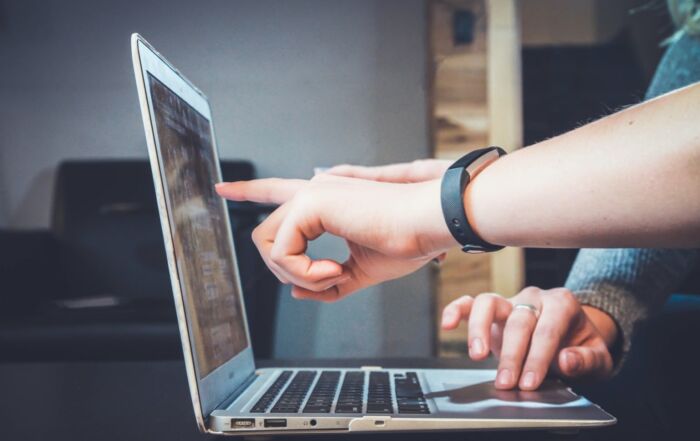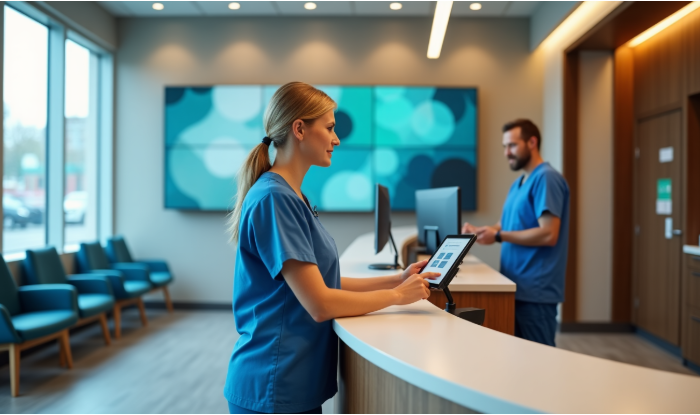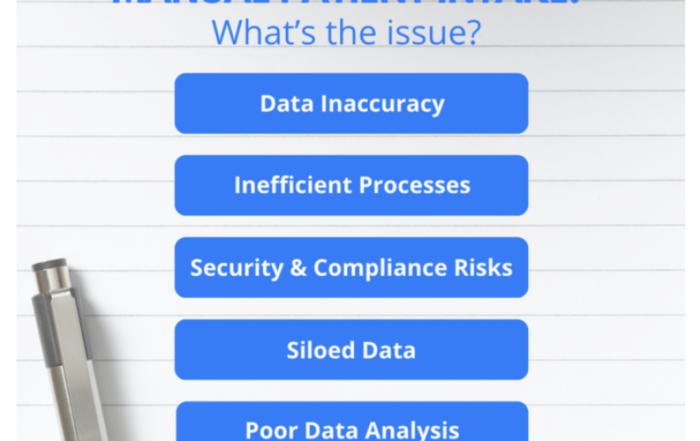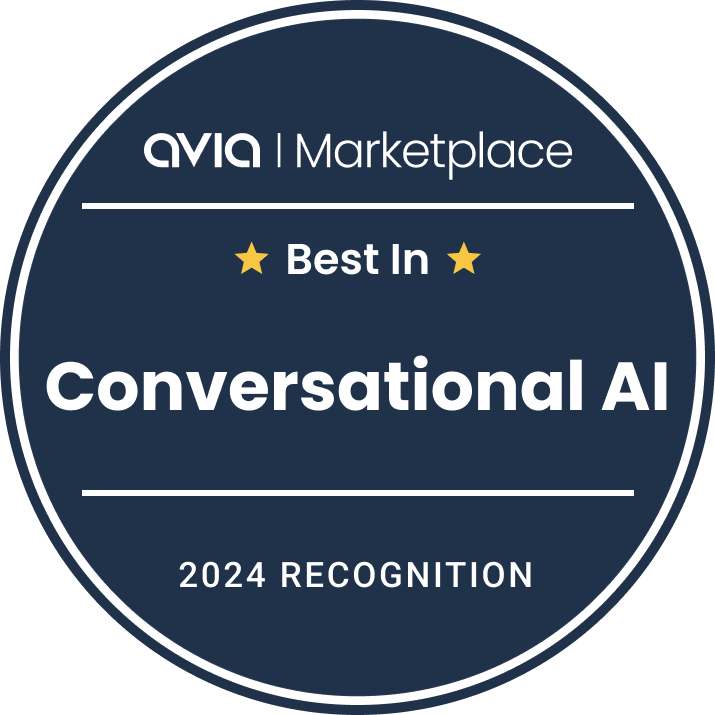Healthcare may seem like an industry that’s pretty study and theory-based. Consumers also tend to associate it with the times when they fall ill and need to recover. Both these factors can make it seem like a dull industry. How can gamification help the healthcare industry?
However, it doesn’t necessarily have to be boring. You could make healthcare fun by incorporating gamification into your strategy. After all, it’s one of the most significant innovations in healthcare.
And how exactly can you go about gamification in the healthcare industry?
Simple.
If you’ve ever measured your daily step count or even used an app to remind you to drink water, you’re already using gamification.
But how does any of this help in changing the healthcare industry?
Let’s find out.
How Does Gamification Change the Healthcare Industry
Here’s how gamification technology is changing the healthcare industry for the better.
1. Drives Engagement
One of the most critical ways gamification technology can change the healthcare industry is by driving engagement.
Games tend to be highly engaging and can quickly grab people’s attention — both young and old.
And that’s not all.
These games are also reasonably addictive in a lot of situations. As a result, the chances are that the people will continue playing them for long. This, in turn, can help in building your brand awareness and engagement.
What’s more?
These games can also help educate your audience and play an instrumental role in improving their lifestyle.
And guess what?
You don’t even need games that particularly relate to healthcare. Even a simple game like FreeCell Challenge can be used to your advantage. You can incorporate your brand in the game by leveraging ads, adding your logo on the cards, etc. This would uniquely engage your users and expose your brand and messaging.

Image via FreeCell Challenge
Alternatively, you can create your healthcare-related games from scratch and launch them online or on app stores. However, this would require you to have a large budget.
2. Ushers Learning
The healthcare industry thrives on doctors and nurses who are well-equipped to handle any situation.
These are trained healthcare professionals who know their stuff about medicines, surgeries, etc.
But how do you prepare them better?
Hands-on experience is a great way to help healthcare professionals prepare themselves better for dealing with different situations.
But guess what?
Gamification technology can help here too.
You could create an app or game that lets healthcare professionals operate in the virtual environment. This would help prepare them for such a real-world situation.
What’s more?
You can also leverage virtual reality (VR) technology to take this to the next level of learning. And you can use a knowledge base software to store then all of the information that can come in handy for healthcare professionals in the future.

3. Teaches Kids
Gamification of medical solutions can be beneficial in teaching kids about the basics of healthcare, drugs, therapies, etc.
You could develop games that teach them about vegetables, healthy food, medical treatments, and more.
The best part about using games for this purpose is that kids won’t find them boring. They might discover traditional study material dull, but this wouldn’t be the case for games.
The games can help you deliver the message in an engaging and fun way to the kids.
And guess what?
You don’t even need to develop customized games for this. A simple game like Solitaire Brain can work to your advantage here.
You could perhaps drop in facts about medicines or food in between the game. These are likely to be absorbed well by the kids as they’ll be highly engaged while playing the game.
So, how can you develop these games well?
It would help if you started by leveraging the services of English tutors. They can help in coming up with powerful lines that can drive the message home for your kids.
You can then incorporate those lines into the games at the right instant so that the kids absorb them well.
4. Drives Rehabilitation
One of the other significant advantages of gamification is that it can aid with physical therapy and rehabilitation for those who’ve met with an accident.
A lot of these accidents lead to the patients being hurt both physically and mentally. In such a situation, they need both physical and mental support.
While doctors and other healthcare professionals can provide ample physical support and aid the well-being of the body, there’s still a lot to be desired mentally.
You could argue that psychologists can help with it. Sure, they can.
However, if there’s a way through which the patients can go through the healing process themselves by discovering each bit of the recovery, I’d likely have a more significant impact.
That’s where apps like SCI Hard gaming can come into the picture. Such apps help face all the challenges that patients might encounter after accidents.
Similarly, even for physical health, a game like Reflexion Health can come in handy. It uses a video feedback system through which the patients can practice physical therapy. This can help set them on a quick path towards recovery.
5. Helps with Chronic Condition Management
Chronic conditions are challenging to treat and can prove to be challenging times for patients suffering from them. While medications can help in controlling such chronic diseases, they’re often not enough.
The reason?
You may not be able to follow through with your medicine doses. Additionally, you may miss taking the medicines at the correct times.
This is where gamification can help you change things around.
The users can seamlessly stay on top of their medicine regime through it, and the apps will remind them when they need to take them.
For instance, Mango Health is one such app. In it, the users can set the different times when they’re supposed to take their meds. When it’s time to take the meds, the app automatically reminds them. Additionally, it provides valuable info about medications and drugs.
And guess what?
You could have such apps for kids too.
For example, Bayer’s Didget blood glucose meter is a medical gadget that connects with a Nintendo DS, popular among kids. It’s useful for all those kids who’ve got diabetes. It rewards them every time they monitor their glucose levels through testing.

Image via News Medical
The idea is to keep the kids engrossed in the game and at the same time get them to take care of their health.
Similarly, mySugr is another such app that’s there for both kids and adults. Using this app, users can seamlessly manage their diabetes in a fun and engaging manner.
Such apps and games can help drive the development of healthcare into something that doesn’t need to be a chore, especially for kids.
Final Thoughts
Gamification is an excellent way of making things more engaging and fun. While loads of industries use it, it can revolutionize the world of healthcare industries.
Using gamification, healthcare companies can promote themselves and launch games that help the users while they enjoy playing them.
What’s more?
They can also help train healthcare professionals better and even help kids manage their health better without making it seem like a chore. As a result, healthcare would become fun and engaging for them too.
Do you have any questions about how gamification can change the healthcare industry? Ask them in the comments.

